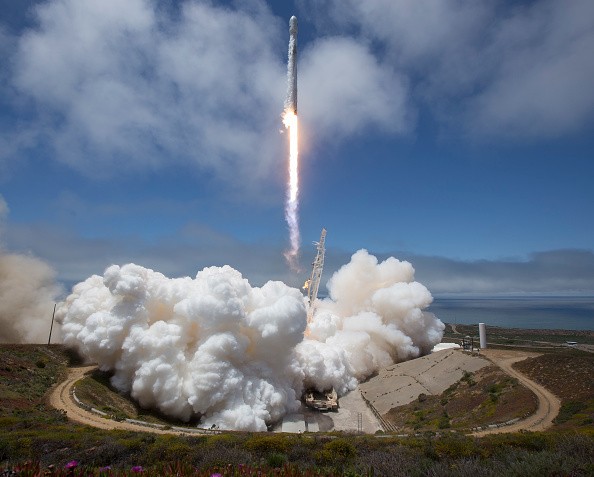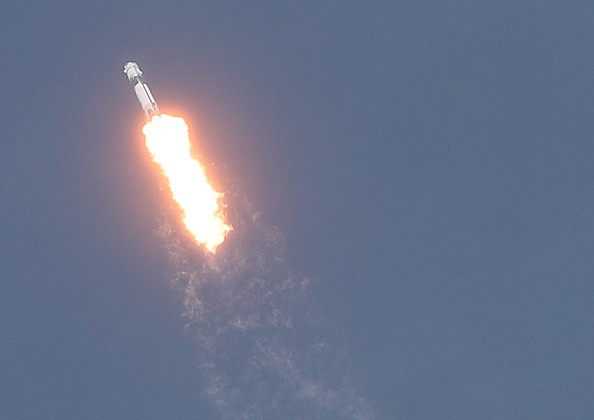SpaceX's second Falcon 9 launch was a success. The independent aerospace agency previously announced that it would conduct three consecutive spaceflights before June ends.

The first one was a success. Thanks to the efficiency of Falcon 9, the first of the trio launches took off on June 17. The second one, which happened on Saturday, June 18, was also successful.
The second Falcon 9 launch began at exactly 10:17 a.m. EDT, vaulting out from the fog-shrouded pad 4E, located at Vandenberg Space Force Base northwest of Los Angeles, as reported by CBS News.
Why SpaceX's Second Falcon 9 Launch Concerns Experts
While SpaceX rejoices, space experts shared their concerns after the second of the trio Falcon 9 launch successfully took off.

SpaceFlight Now reported that scientists and other space experts are now more concerned with the increasing number of orbital satellites.
They said these cube sats could interfere with astronomical observations.
Pat Seitzer, an orbital debris researcher at the University of Michigan, said that things are actually going in the wrong direction.
"We'll have to see what magic SpaceX can perform in terms of the surfaces that they use, the orientation that they fly in. They made a commitment to the astronomical community to try to reach that 7th magnitude goal," Seitzer further explained.
Risks of Satellite Constellations
Having advanced satellites orbiting Earth can help defense agencies and other organizations in various ways. But, too many of these cube sats can also lead to negative outcomes.
Aside from affecting the astronomical observations, here are other negative effects posed by satellites:
- Satellites can be harmful debris if they accidentally collide with one another due to overcrowding.
- Experts claim that too many satellites re-entering the planet can lead to another ozone hole.
- Harmful chemicals are released once satellites burn as it re-enters the Earth's atmosphere.
Meanwhile, the SpaceX Cargo Dragon launch has been delayed again.
On the other hand, SpaceX's Starship finally received FAA's final assessment.
For more news updates about SpaceX and its upcoming activities, always keep your tabs open here at TechTimes.
This article is owned by TechTimes
Written by: Griffin Davis
ⓒ 2026 TECHTIMES.com All rights reserved. Do not reproduce without permission.




